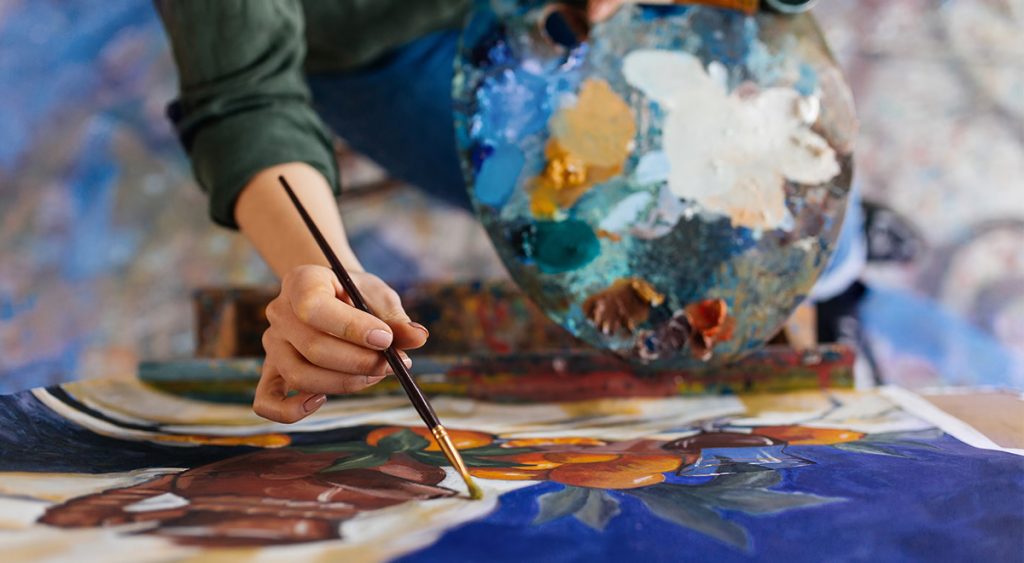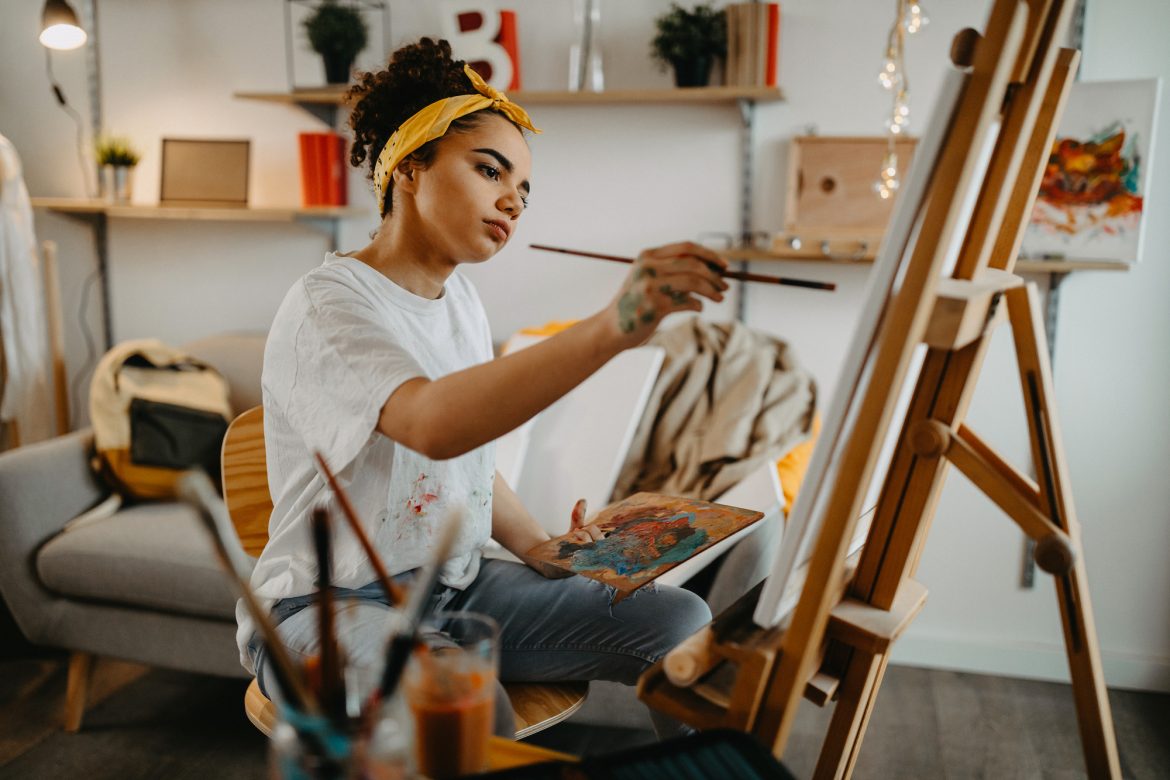Creative expression is a vital aspect of human experience that allows individuals to convey their thoughts, emotions, and unique perspectives. It encompasses a wide range of activities, from visual arts and writing to music and performance. Engaging in creative expression can foster personal growth, enhance mental well-being, and connect individuals with their inner selves and others. This article delves into the importance of creative expression, its benefits, and ways to cultivate and embrace it in your daily life.

The Importance of Creative Expression
Creative expression is not merely a hobby or pastime; it is an essential element of a fulfilling life. Here’s why creative expression is important:
- Self-Discovery and Personal Growth: Engaging in creative activities allows individuals to explore their inner thoughts, emotions, and ideas. This process of self-discovery can lead to personal growth and a deeper understanding of oneself.
- Emotional Outlet: Creative expression provides a healthy outlet for processing and expressing emotions. Whether through art, writing, or music, individuals can channel their feelings into creative forms, leading to emotional release and healing.
- Problem-Solving Skills: The creative process involves exploring new ideas and finding innovative solutions. This fosters critical thinking and problem-solving skills that can be applied in various aspects of life.
- Stress Reduction: Engaging in creative activities can be a therapeutic way to manage stress and anxiety. The immersive nature of creative work often leads to a state of flow, where individuals are fully absorbed and less focused on stressors.
- Connection and Communication: Creative expression can bridge gaps between individuals and cultures. Art, music, and writing can convey messages and experiences that foster empathy, understanding, and connection among people.
- Boosted Confidence: Completing a creative project or mastering a new skill can enhance self-confidence and self-esteem. The sense of accomplishment and validation from creative endeavors can be empowering.
Types of Creative Expression
Creative expression can take many forms, each offering unique benefits and opportunities for exploration:
- Visual Arts: Painting, drawing, sculpture, and photography are powerful forms of visual expression. These mediums allow individuals to communicate ideas and emotions through imagery and composition.
- Writing: Creative writing, poetry, journaling, and storytelling offer ways to express thoughts, experiences, and fantasies. Writing can be a deeply personal and introspective process, as well as a means of sharing narratives with others.
- Music: Playing an instrument, singing, composing, or listening to music can be profoundly expressive. Music allows individuals to convey emotions, tell stories, and connect with others on an emotional level.
- Performance Arts: Theater, dance, and improvisation provide opportunities for self-expression through movement and performance. These art forms enable individuals to explore different personas, narratives, and emotions.
- Crafts and DIY Projects: Activities like knitting, woodworking, and crafting offer hands-on ways to create and express oneself. These projects can be both practical and artistic, allowing for personal customization and creativity.
- Digital Arts: Digital media, including graphic design, animation, and video production, offer modern platforms for creative expression. Technology provides tools for experimenting with new techniques and reaching broader audiences.

Cultivating Creative Expression
Embracing creative expression in your life can be achieved through various approaches:
- Create a Dedicated Space: Set up a space that inspires creativity and allows you to focus on your artistic pursuits. Whether it’s a studio, a cozy corner, or a digital workspace, having a dedicated area can enhance your creative practice.
- Explore Different Mediums: Experiment with different forms of creative expression to discover what resonates with you. Trying out new mediums can spark inspiration and expand your creative horizons.
- Set Aside Time for Creativity: Incorporate creative activities into your routine by setting aside regular time for them. Whether it’s a daily sketch, a weekly writing session, or monthly craft projects, consistency helps build creative habits.
- Embrace Imperfection: Allow yourself to create without the pressure of perfection. Embrace the process of experimentation and learning, and view mistakes as opportunities for growth and discovery.
- Seek Inspiration: Surround yourself with sources of inspiration, such as art galleries, music, literature, and nature. Engage with the work of others to spark your own creativity and explore new ideas.
- Join Creative Communities: Connect with others who share your creative interests by joining groups, classes, or online forums. Collaborative environments and feedback from peers can enhance your creative journey.
- Practice Mindfulness: Engage in mindfulness practices to clear your mind and foster a state of openness and receptivity. Mindfulness can enhance creativity by reducing mental clutter and promoting focus.

Conclusion
Creative expression is a powerful and enriching aspect of human experience that offers numerous benefits for personal growth, emotional well-being, and connection with others. By embracing and nurturing your creative potential, you can explore new facets of yourself, manage stress, and foster a sense of fulfillment and joy. Whether through art, writing, music, or other forms of expression, allow yourself the freedom to create and discover the transformative power of creativity in your life.


